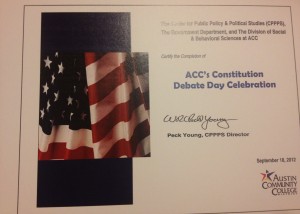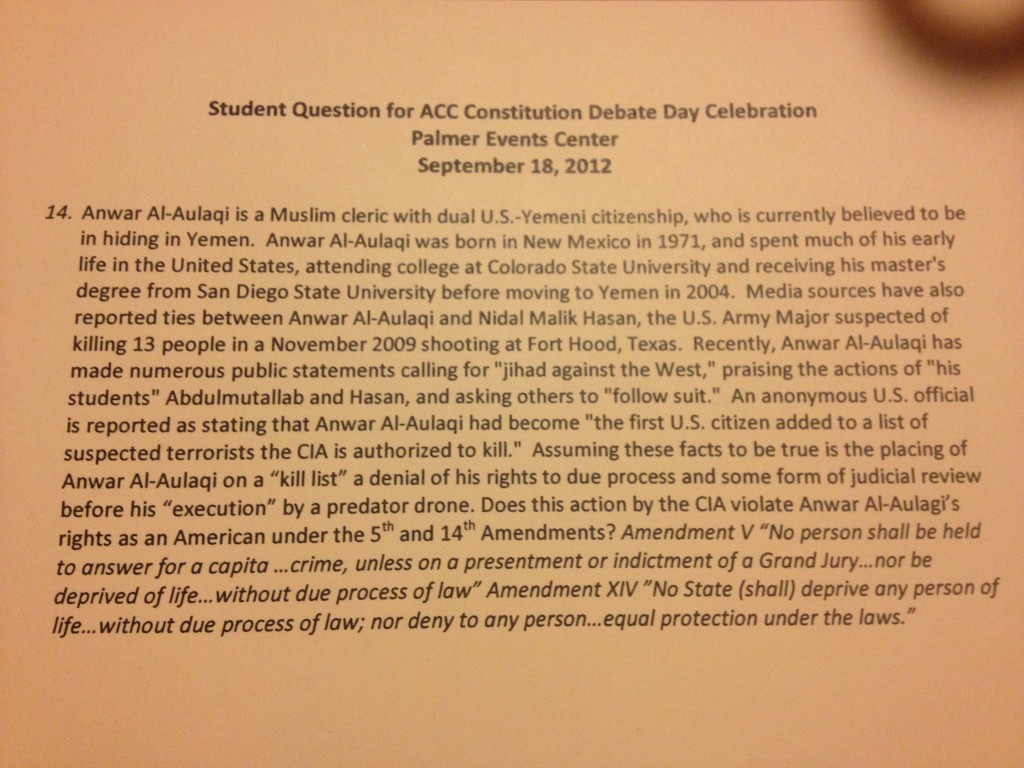The following argument was actually made, out loud, during proceedings before the Fourth Circuit Court of Appeals in Bostic v. Schaefer, a same-sex marriage case (the context is a comparison between anti-same-sex marriage laws and anti-interracial marriage laws struck down in Loving v. Virginia):
There is a history, prior to the Jim Crow era laws, the anti-miscegenation laws. The idea of interracial marriage was not prohibited. It still fit within the fundamental right of marriage, the idea of a man-woman marriage. Before Virginia passed those affirmative anti-miscegenation laws, it might not have been the social norm, but people certainly could have married, and indeed did marry, across racial lines. Pocahontas married John Rolfe in the early 1600s and their marriage wasn’t declared unconstitutional
David S. Cohen at Slate deconstructs some of the problems with this argument, although I suspect one could write a book detailing just the legal or historical problems with it. As Cohen notes: Continue reading



